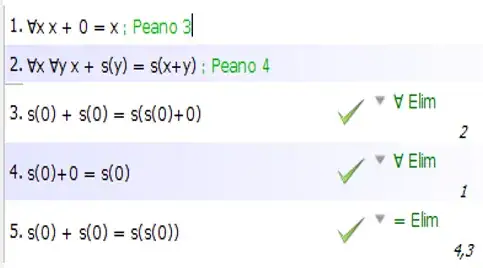Two years ago, when I was a super beginner to logic, my logic teacher, who is famous in our Country, told me that $1+1=2$ is not a tautology, but a logical truth. However, after reading some truly rigorous logic books(not mathematical logic books yet), I think that $1+1=2$ is neither a tautology, nor a logical truth; my teacher was wrong.
What I think is that $1+1=2$ is followed by the axioms of natural numbers or real numbers. It may be transfered to a predicate logic sentence like $f(a,a)=b$, so it is not automatically true under every model. Instead, $1+1=2$ is a logical consequence of the axioms of numbers, only the models that satifies the axioms of numbers will satisfy $1+1=2$. Am I right? Or is there somewhere I should revise?
